EU growth stalls as Ukraine war, COVID drag major economies
Rising prices, fallout from the Ukraine conflict and persisting supply chain cutoffs have stalled economic growth across the globe in the year’s first quarter, faltering efforts by major economies to recoup from the pandemic.
The latest evidence was marked on Friday, after the European Union announced that the 19 countries that use the euro grew only 0.2 percent overall during January, February and March compared with the previous three months.
The development came a day after the US declared that its economy had shrunk 0.4 percent over the same period.
“The overarching message is that the global growth outlook is souring, and it is deteriorating at a faster rate and in a more serious way than most analysts have anticipated,” said Neil Shearing, chief group economist at the London-based Capital Economics as quoted in a New York Times report.
According to the report, while the European economy is mostly affected by the conflict in Ukraine, the US economy suffers from declining output, high inflation as well as a tight labor market, and China is being pounded by a slump in the real estate industry, overinvestment and pandemic-related closures.
The common problem they all face, however, is inflation, according to economic experts.
Pointing out that the persisting conflict in Ukraine has greatly undermined economic confidence, the daily adds, “The war and resulting sanctions imposed by the United States, Europe and their allies have aggravated shortages of food, energy and crucially important minerals, disrupting trade and driving inflation to wince-inducing levels.”
Risks, especially those related to possible energy embargo and other disruptions caused by the Ukraine conflict have intensified, it further noted, adding that at the same time, the EU has been inching closer to an agreement to stop the flow of Russian oil.
The impact of an abrupt halt in gas and oil supplies has generated sharp debate. In Germany, which has the largest economy in Europe, the central bank recently warned that a gas embargo would cause the country’s economic output to decline as much as 5 percent this year.
“The economic consequences of the war in Ukraine have had a growing impact on the short-term economic development since late February,” the Federal Statistics Office in Germany announced on Friday.
In France, where COVID restrictions remained in place for much of the first quarter, growth came to a dead halt, while in Italy, the GDP fell 0.2 percent from the previous three months.
Average growth among the 27 countries that make up the EU was 0.4 percent in the first three months of 2022, stated EU’s statistical office, Eurostat, marking twice the figure reported for the eurozone.
Inflation, meanwhile, has been a persistent thorn, rising to an annual rate of 7.5 percent across the eurozone in April from 7.4 percent in March, Eurostat added.
Food and other prices also climbed sharply. Although energy prices fell 3.7 percent this month, they are still more than a third higher than last year.
Rising inflation could test the American economy’s resilience as well, according to the daily. During the first quarter of this year, consumer prices rose at a 7 percent annual rate, the fastest in four decades. Taking inflation into account, after-tax incomes dropped for the fourth quarter in a row.
Even before this latest round of measurements, intense uncertainty had dimmed forecasts. Last week, the International Monetary Fund (IMF) revised its estimate of global growth to 3.6 percent from the 4.4 percent it predicted in January. Its estimate for the eurozone declined 1.1 points to 2.9 percent for the year.
The Ukraine conflict “will have severe economic consequences for Europe, having struck when the recovery from the pandemic was still incomplete,” the IMF said in its most recent regional outlook. “The war has led to large increases in commodity prices and compounded supply-side disruptions, which will further fuel inflation and cut into households’ incomes and firms’ profits.”
The outlook for the rest of the year may darken further, the report further emphasized.
“Overall, 2022 is going to be a year where growth is going to be significantly weaker than most analysts expect,” noted Shearing of Capital Economics.
Europe set to impose oil embargo on Russia next week
European Union countries are likely to approve as early as next week a phased embargo on Russian oil, officials said, sealing a long-postponed measure that has divided the bloc’s members and highlighted their dependence on Russian energy sources.
It has taken weeks for EU countries to agree on the contours of the measure, and intensive talks will continue over the weekend before the European Commission, the bloc’s executive, puts a finalized proposal on paper for EU ambassadors to approve. The ambassadors will meet Wednesday and expect to give their final approval by the end of the week, several EU officials and diplomats involved in the process said on condition of anonymity.
The oil embargo will be the biggest and most important new step in the EU’s sixth package of sanctions since Russia invaded Ukraine on Feb. 24. The package will also include sanctions against Russia’s biggest bank, Sberbank, which has so far been spared, as well as additional measures against high-profile Russians, officials said.
The embargo is likely to affect Russian oil transported by tankers more quickly than oil coming by pipeline, which could take a matter of months. In both cases, however, it is likely that the bloc will allow its members to wind down existing contracts with Russian oil companies as it did with its coal ban, which was given four months to be fully put in place.
Germany’s position has been critical in finalizing the new measure. The country, the bloc’s economic leader, was importing about one-third of its oil from Russia at the time of the Ukraine invasion. But its influential energy minister, Robert Habeck, said this week that Germany had been able to cut that to just 12 percent in recent weeks, making a full embargo “manageable.”
Russia is Europe’s biggest oil supplier, providing about one-quarter of the bloc’s yearly needs, according to 2020 data — about half of Russia’s total exports. As the oil embargo is phased in, officials said the bloc would seek to make up the shortfall by increasing imports from other sources, such as Persian Gulf countries, Nigeria, Kazakhstan and Azerbaijan.
VIDEO | Tehran sky illuminates over
Maduro’s abduction: China says US cannot act as world’s ‘police’ or ‘judge’
VIDEO | Australians protest over US action in Venezuela
Cuba declares national mourning for 32 citizens killed in US raids on Venezuela
Iran: US must release kidnapped Venezuelan president
After US aggression against Venezuela, Mexico could be next: Report
Qalibaf: Protesters must be heard but foreign-linked agitators will be dealt with
VIDEO | German government refuses to condemn US aggression against Venezuela


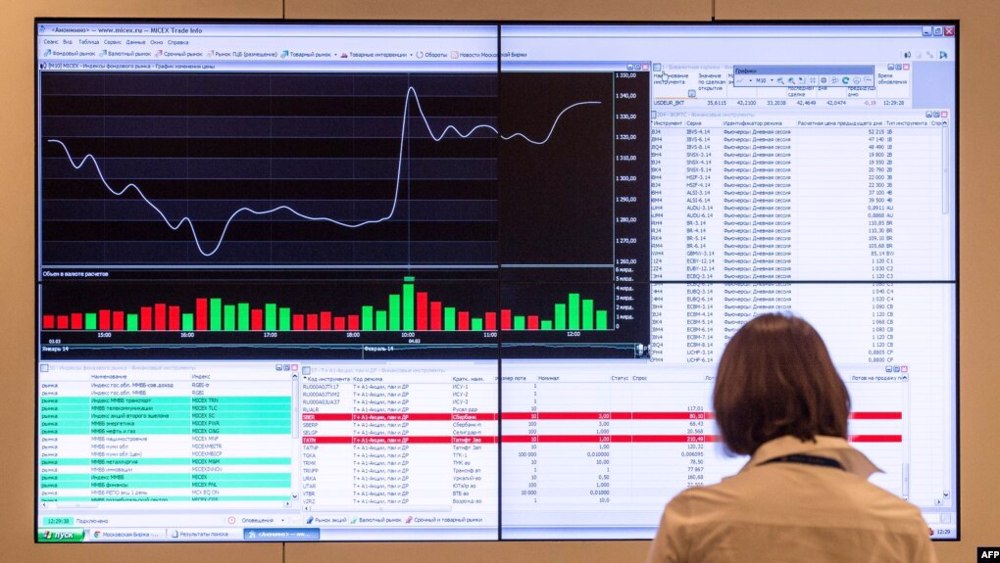
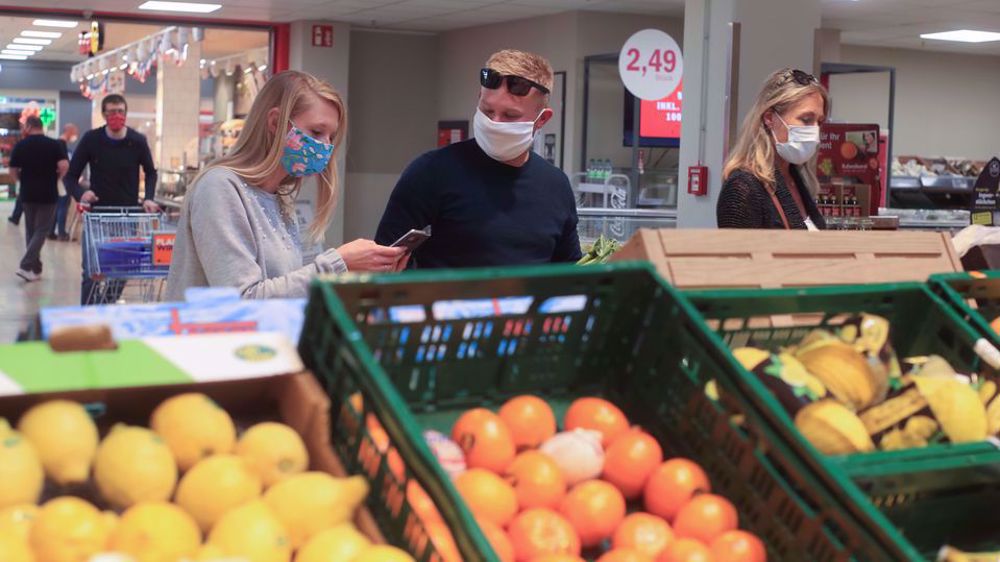
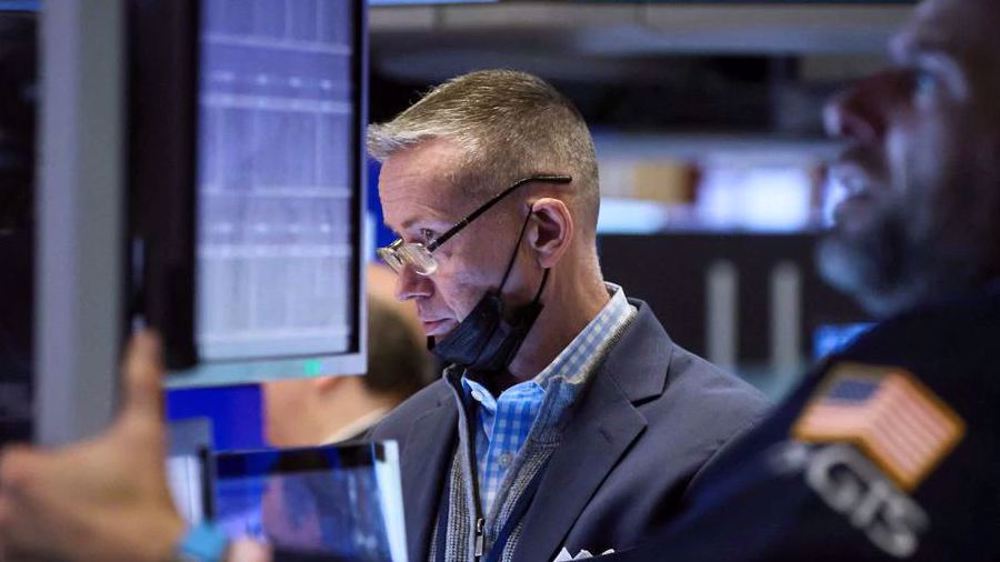
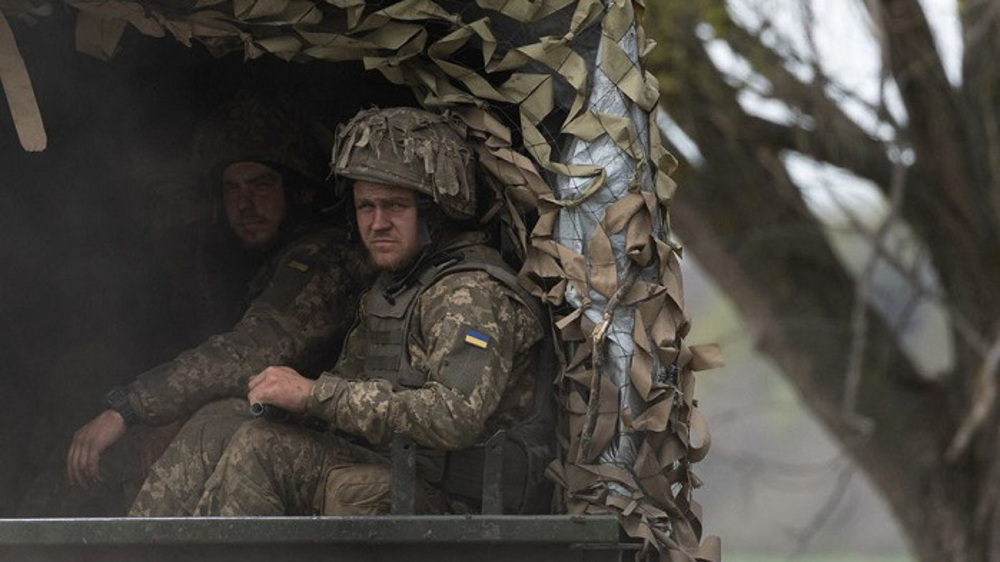
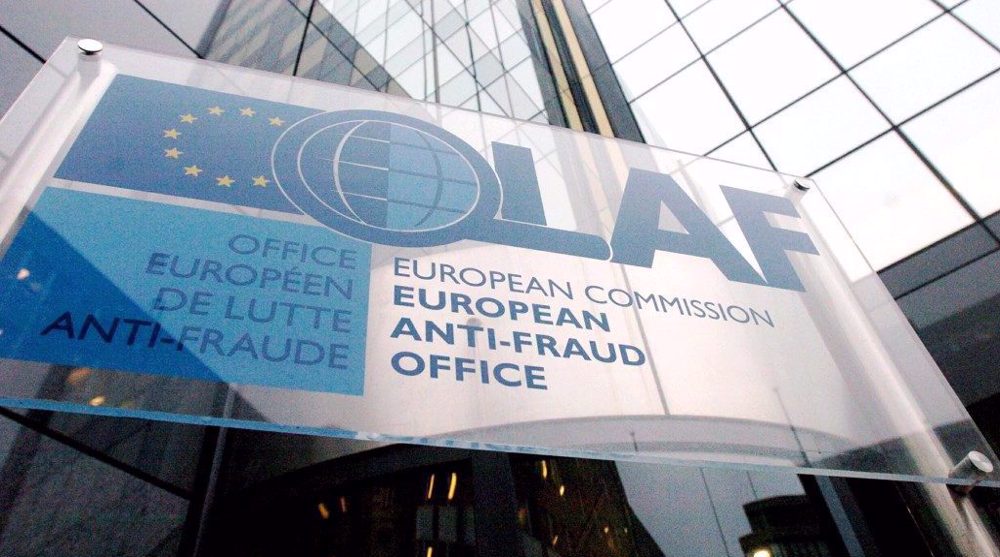





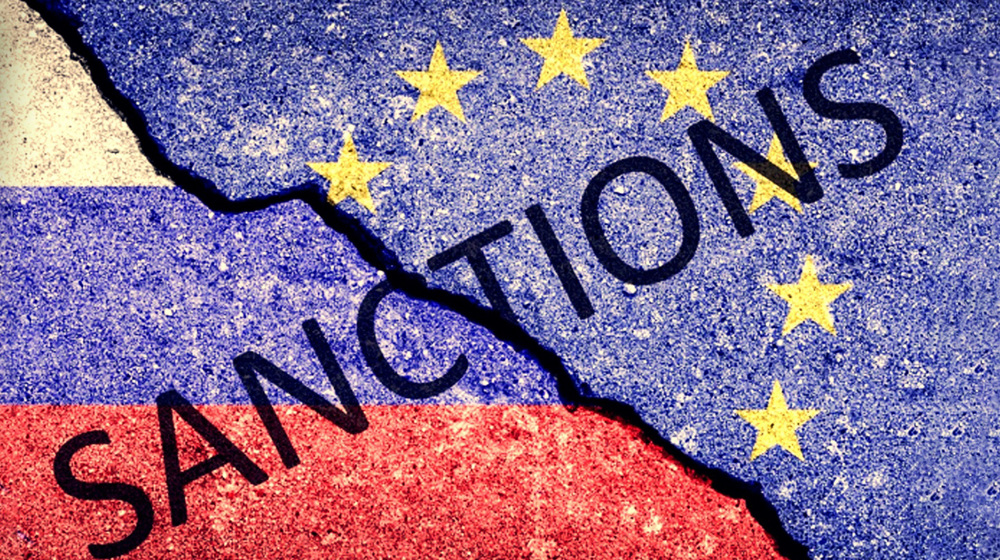
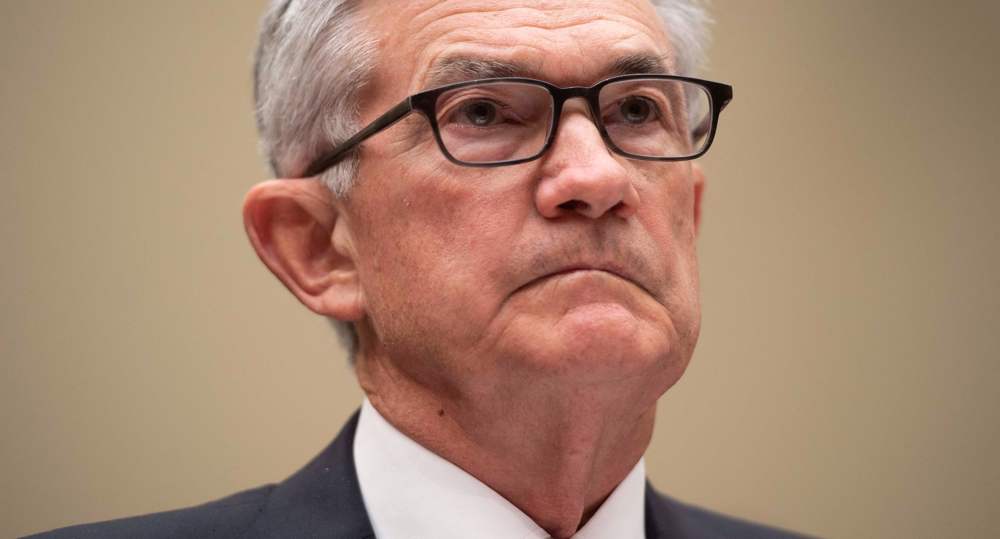
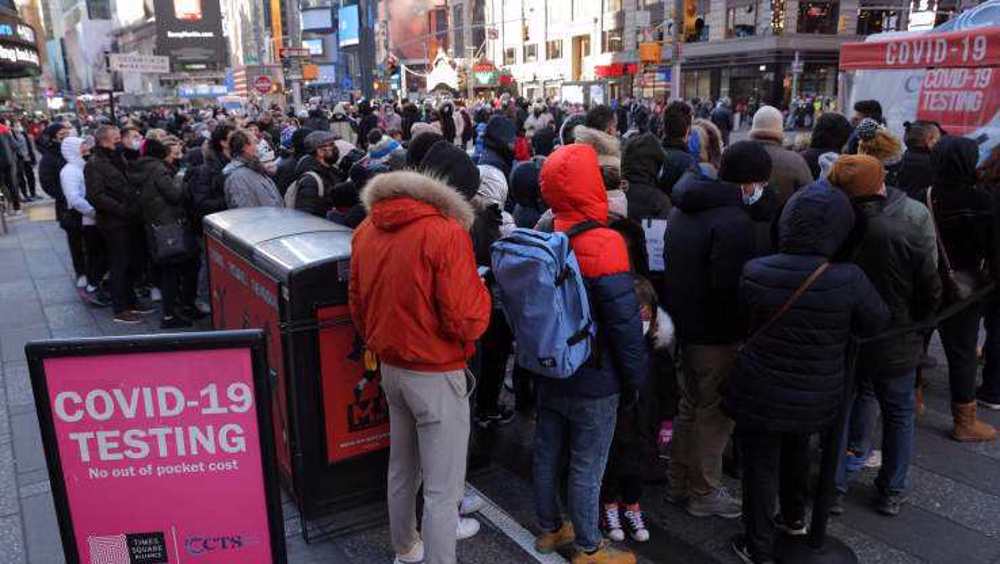

 This makes it easy to access the Press TV website
This makes it easy to access the Press TV website